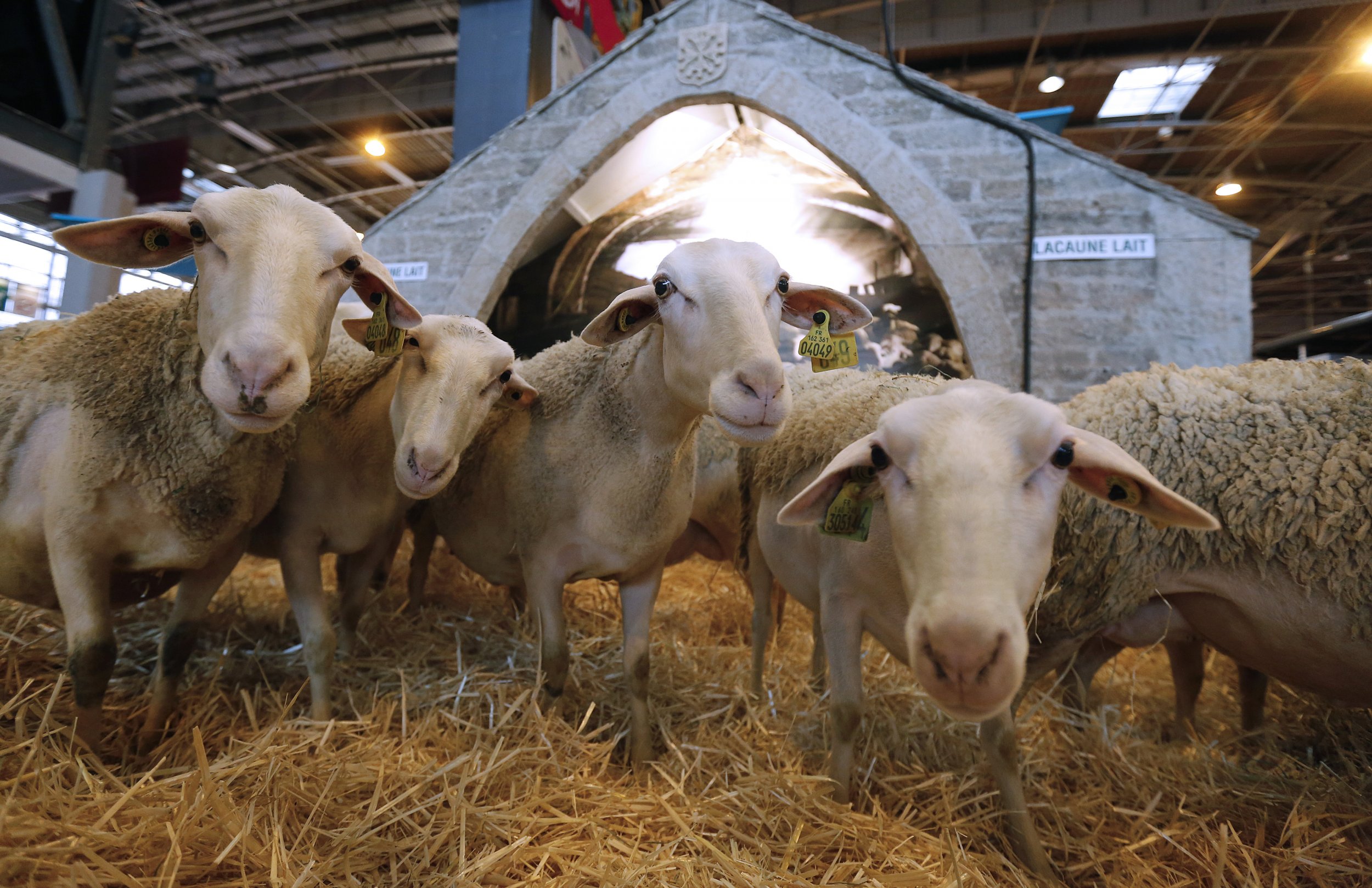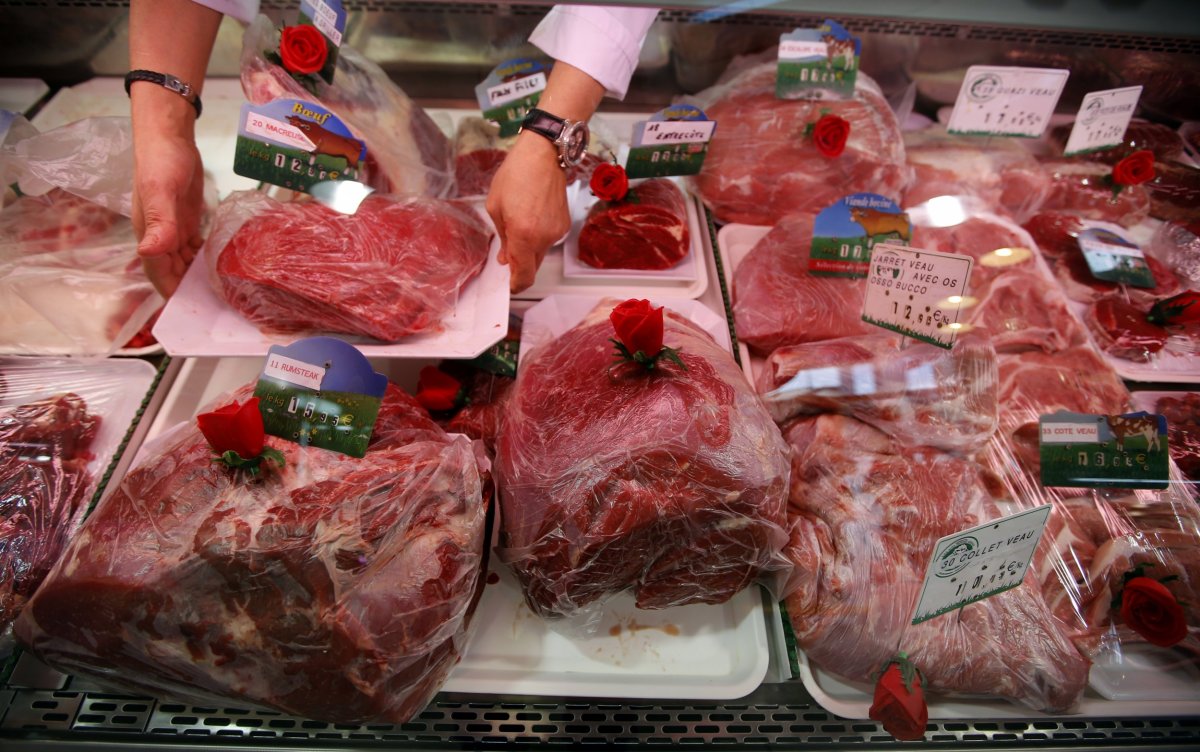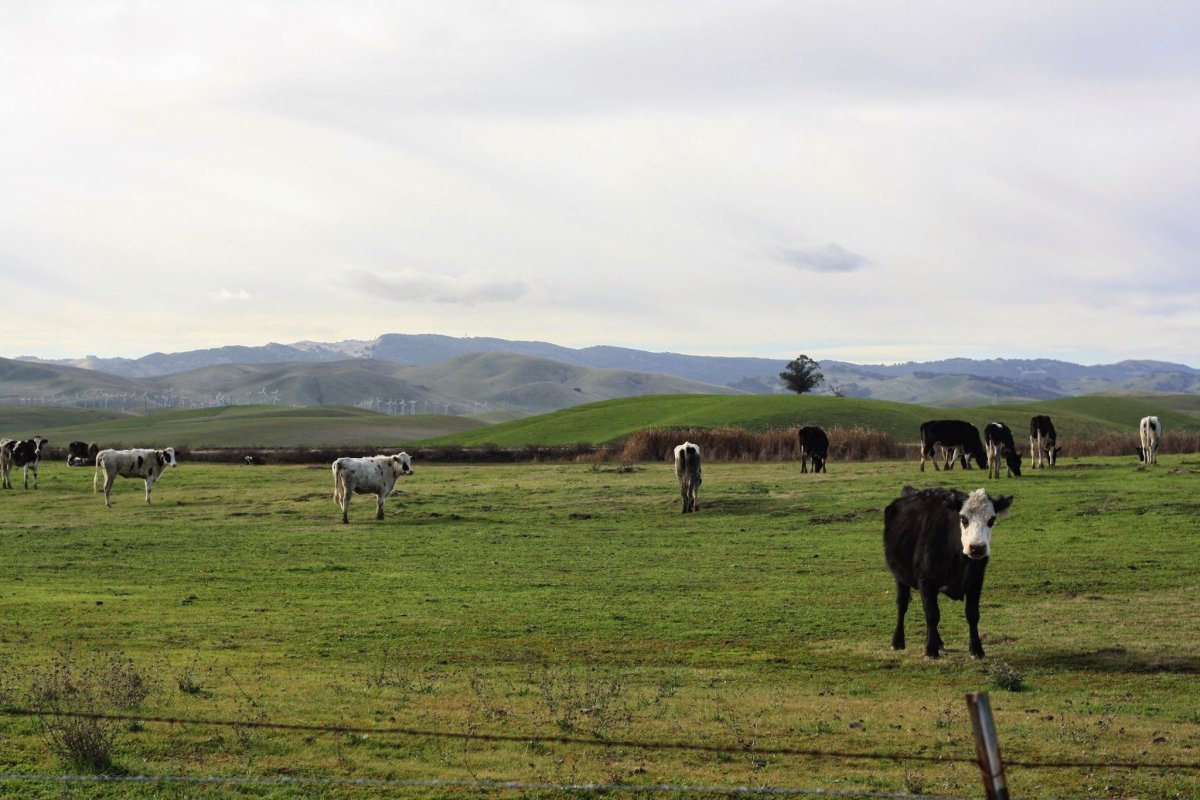
In order to address the harmful impacts of meat on human health and the environment, several different organizations have proposed that the U.S. government impose a tax on one of America's favorite indulgences—meat.
Recent headlines spoke of a report published by the investment reporting organization Farm Animal Investment Risk and Return about an impending meat tax. While there is currently no pending legislation in the U.S., the report warns investors that taxation on animal food products is "increasingly probable."
The organization may have a bias, though, as it focuses on the future of farming as a more sustainable practice with higher animal welfare standards. But science has repeatedly shown that such a tax would have significant positive effects on human health and the environment.
A 2016 report from the journal BMC Public Health found that a combined sugar and carbon tax would have environmental benefits—and since meat has such an immense carbon impact, it would be taxed the heaviest.
Another 2016 study published in the journal Nature Climate Change found that taxing meat could improve the environment and save lives.
A 2011 report found that a tax on meat and dairy would reduce greenhouse gas emissions in Europe by 7 percent.

A tax is not the same as a ban, but it can lead to people reducing their consumption of taxed products. That's why the U.S. implemented taxes on tobacco, carbon and sugar. These taxes are designed to discourage unhealthy behavior, like excessive sugar consumption and smoking. The idea is that, if eating meat causes more incidences of cancer and higher greenhouse gas emissions, then those who purchase that meat can pay a fee into funds that mitigate those effects.
However, while a tax on meat might improve long-term health in Americans, poor and rural Americans could be adversely impacted when their cheap source of calories is suddenly not so cheap. The vast majority of Americans still eat meat, and in fact, their consumption is only increasing. In fact, Americans consume meat at three times the global average. However, plant-based alternatives to meat are edging their way into the market as well.
Regardless of its benefits or faults, tax on meat isn't likely to appear on the current political agenda. Even if a federal bill were to enter Congress, the Trump administration isn't known for raising taxes or regulating meat. In fact, according to the Wall Street Journal, President Trump has dropped regulations on meatpacking as well as regulations that hold multinational meat companies accountable.
However, some European countries may lead a campaign for a meat tax. The Denmark Ethical Council called for a tax on red meat in 2016 in order to reduce the impact of farming on climate change, and Germany's federal government proposed increasing the tax on animal products to 19 percent in January 2017.
Could European legislation lead the way for future U.S. tax bills? If so, a meat tax could change how Americans eat. But for now, it's not on the menu.

Uncommon Knowledge
Newsweek is committed to challenging conventional wisdom and finding connections in the search for common ground.
Newsweek is committed to challenging conventional wisdom and finding connections in the search for common ground.
About the writer
Kristin is a science journalist in New York who has lived in DC, Boston, LA, and the SF Bay Area. ... Read more
To read how Newsweek uses AI as a newsroom tool, Click here.








